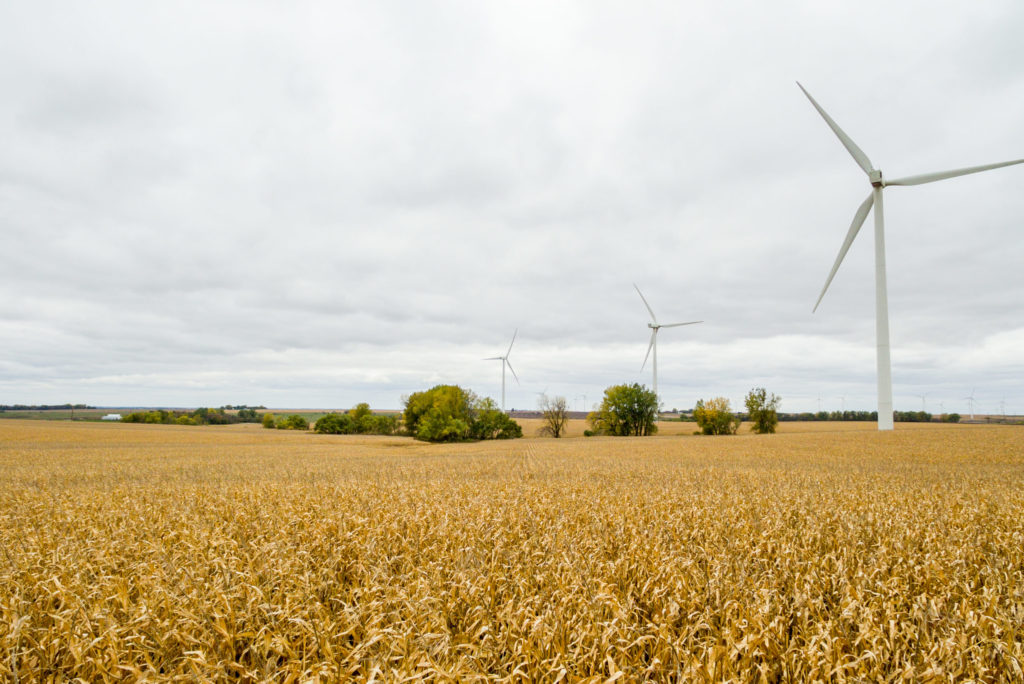Todd-Wadena Electric Cooperative’s wholesale power provider, Great River Energy (GRE), recently announced plans to transform its portfolio of power supply resources in the coming years. One element of this includes the retirement of the 1,151-megawatt Coal Creek Station power plant in the second half of 2022.
As part of the plan to increase economic efficiencies, GRE plans to phase out remaining coal resources, add significant renewable energy, and explore critical grid-scale battery technology. Each of these steps is an important part of GRE’s plan to significantly reduce member-owner wholesale power costs, while taking advantage of cost-competitive renewables and reliable access to market energy.
Although the decision to close Coal Creek Station will have a dramatic impact on the North Dakota communities that rely upon it for employment and economic benefits, the decision ultimately came down to what was in the long-term best interest of GRE’s member-owner cooperatives such as Todd-Wadena Electric Cooperative. To continue to pay for the plant’s losses each year, when there was a practical alternative available, ultimately led to the decision to close Coal Creek.
Despite what you might read or hear from some news sources, GRE did put a lot of thought into this decision and has made every effort to be transparent, honest, and fair with the communities in North Dakota that are affected the most. This includes voluntarily making payments to these communities for several years after the plant closes, to relieve some of the immediate impact of lost tax revenue.
Great River Energy’s portfolio changes will significantly reduce its power supply costs. The new power supply plan takes into consideration affordability, reliability, and environmental stewardship – three necessary components to ensure GRE’s member-owner electric cooperatives, like Todd-Wadena Electric Cooperative, are well positioned for the future.

